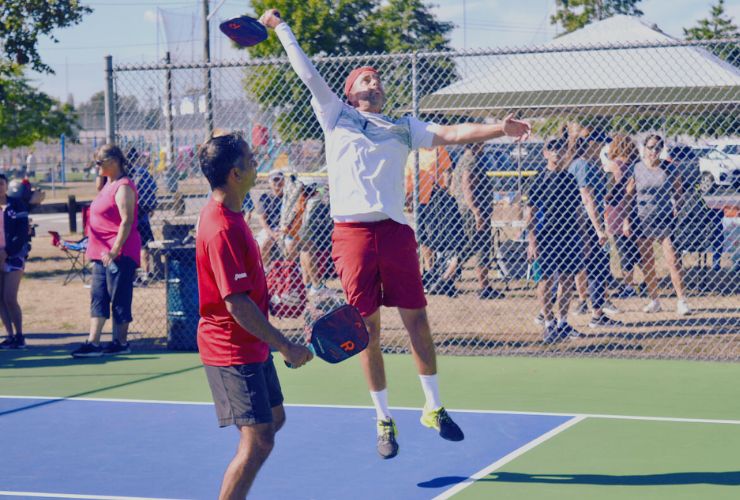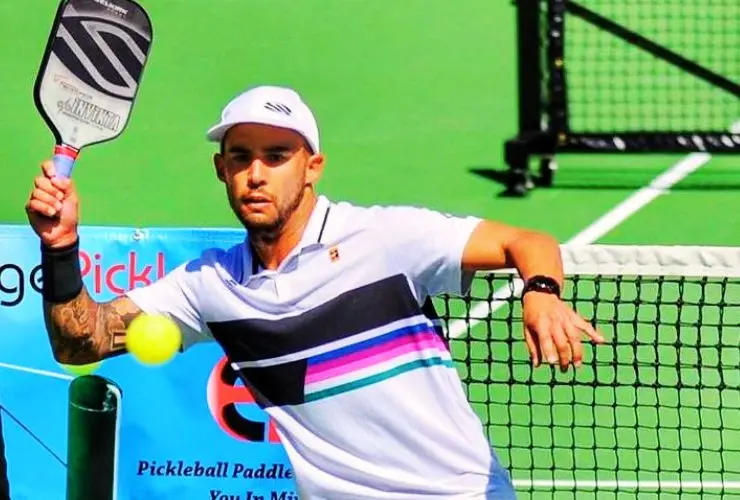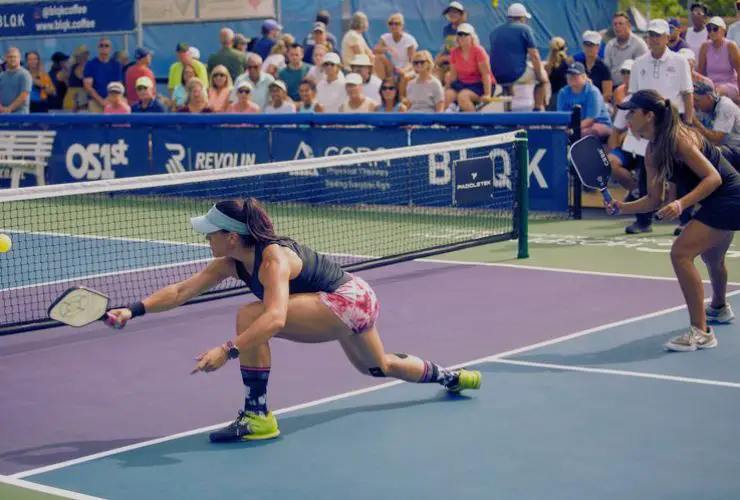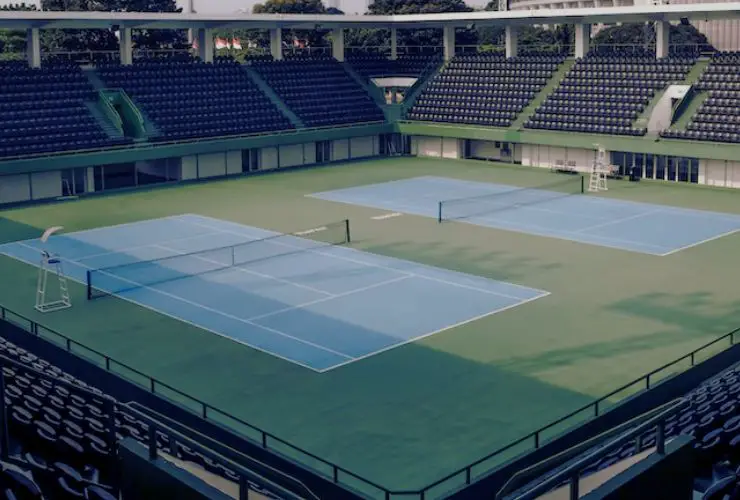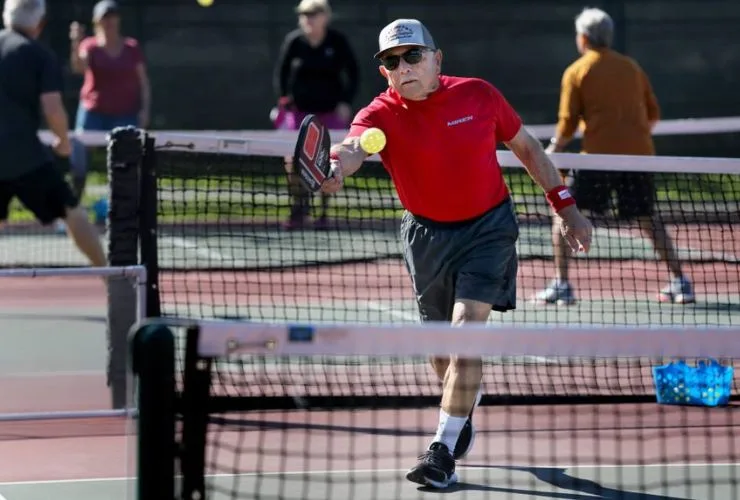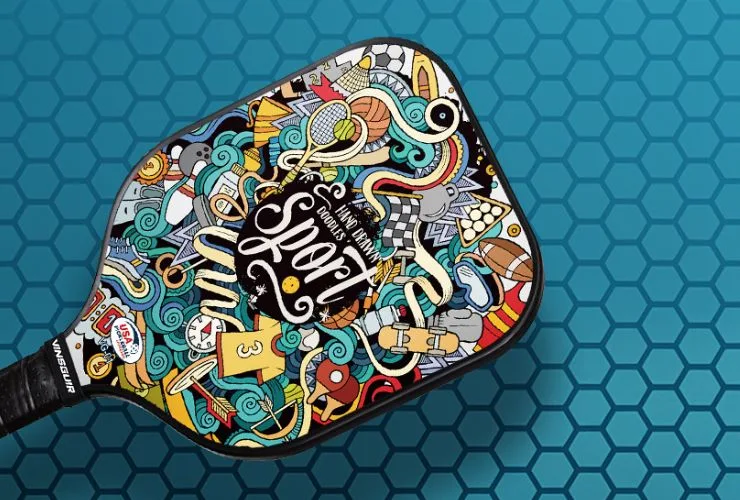What Foods Do You Eat The Day Before And Day Of A Tournament?
Tournaments can be a fun and exciting way to test your skills and compete against other athletes. However, it is important to consider what foods you eat the day before and the day of the tournament to ensure that your body is properly fueled for the big event. Eating the right foods before and on the day of a tournament can help improve performance, reduce fatigue, and minimize injury risk.
What Foods Do You Eat The Day Before And Day Of A Tournament? When it comes to sports and athletic competitions, what you eat the day before and the day of the event can make all the difference in your performance. Pre-competition meals are crucial for providing the body with enough energy to perform at its best. The two most important components of a pre-competition meal are carbohydrates and fluids.
Carbohydrates are a primary energy source for our muscles, making them essential for athletic performance. It is recommended that athletes consume high-carbohydrate foods such as pasta, rice, bread or potatoes during their pre-competition meal. These foods should be consumed at least three hours before the competition to give your body enough time to digest and convert them into energy. Fluids are equally important since they help maintain hydration during strenuous physical activities.
Should Endurance Athletes Carbohydrate Load Before Event?
Endurance athletes have a special nutritional need to consider before they embark on long and grueling events. Carbohydrate loading has been a popular nutrition regimen for most high-endurance athletes who aim to perform their best during competitions. Many studies have suggested that carbohydrate loading increases the amount of glycogen stored in the muscles, providing an extra energy supply during intense exercise.
What Should You Eat The Night Before A Competition?
As an athlete, you probably know that the night before a competition is crucial. What you eat can significantly impact your performance the next day. Here are some important things to remember when planning your pre-competition meal.
Consume Complex Carbohydrates
First and foremost, it’s important to consume complex carbohydrates. These carbohydrates take longer for your body to break down and convert into energy, providing a slow and steady fuel release throughout your event. Good options include whole-grain pasta or bread, brown rice, quinoa, and sweet potatoes.
Include Lean Protein
It’s also essential to include lean protein in your meal. Protein helps repair muscle tissue damaged during training and provides amino acids necessary for building new muscle mass. Good sources of lean protein include chicken breast, turkey breast, fish (such as salmon or tuna), tofu or tempeh (if vegetarian), and egg whites.
Drink Plenty Of Fluids
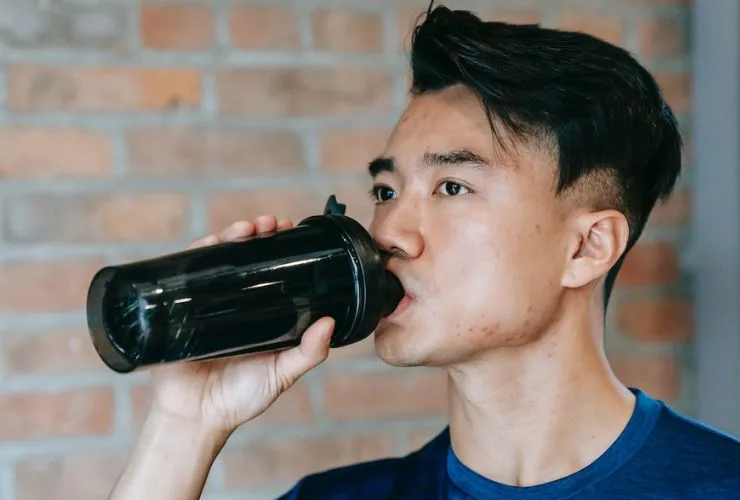
Drinking plenty of fluids is key to ensuring your body is in top shape for the big day. But what exactly should you be drinking?
First and foremost, water is essential. Staying hydrated throughout the day leading up to the competition is important, especially during the hours before it begins. Aim for at least 64 ounces of water per day, and even more if you’re sweating heavily or exercising intensely. In addition to water, sports drinks can also be beneficial. These beverages contain electrolytes that help replenish what’s lost through sweat during exercise.
What Foods Should You Avoid The Night Before A Competition?
If you’re an athlete, what you eat the night before a competition can greatly impact your performance. In order to avoid digestive discomfort and other issues that could hinder your athletic abilities, it’s important to be mindful of what you’re eating. Here are some foods to avoid the night before a competition:
Avoid Too Many Dietary Fats
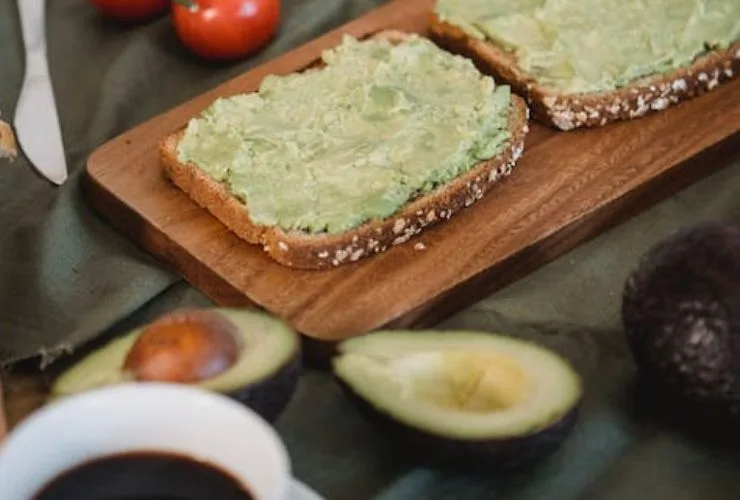
While healthy fats like avocado and nuts can be great for overall health, they take longer for the body to digest than other nutrients. This can lead to feelings of sluggishness and bloating – not ideal when you need to perform at your best.
Limit High-Fiber And Other Gas Producing Foods
Foods that are high in fiber, such as beans and whole grains, take longer for your body to digest. This means they will still be in your system when it’s time for you to perform. Additionally, these foods can cause bloating and discomfort, leading to distraction during a game or match.
On the other hand, gas-producing foods like broccoli and cabbage can cause excess flatulence, which is embarrassing and distracting. Imagine focusing on making a crucial play while feeling gassy and uncomfortable!
Avoid New Foods
Trying something new may seem like an exciting way to switch up your diet and add variety, but it can lead to digestive problems and discomfort during the competition. The body needs time to adjust to new foods, and eating them too close to competition time can cause bloating, cramping, and indigestion. Stick with familiar foods you know your body can handle to avoid these issues.
Frequently Asked Question
What foods give you energy for sports?
If you’re an athlete or someone who enjoys physical activities, you know that your body needs the right fuel to perform at its best. Fruits, vegetables, whole-grain cereals, bread and pasta are great energy-boosting nutrients that can help power up your workouts and energize you.
How do you eat a lot of food for a competition?
If you plan to compete in a food-eating competition, one of the most important things you must do is prepare your body for the challenge ahead. And one effective way to do that is by eating a max-out meal 22 hours before the contest. This will give your digestive system enough time to properly process and absorb all the nutrients, ensuring that you have enough energy and stamina to endure the competition.
What Foods Do You Eat The Day Before And Day Of A Tournament Summary
Eating the right foods before and during a tournament is essential for performing your best. Eating a combination of healthy carbohydrates, proteins, and fats will help to provide you with energy, keep your blood sugar levels stable, and keep you feeling full throughout the day. Be sure to drink plenty of fluids, especially in hot weather. Lastly, practice portion control to avoid overeating and feeling uncomfortable while competing.

